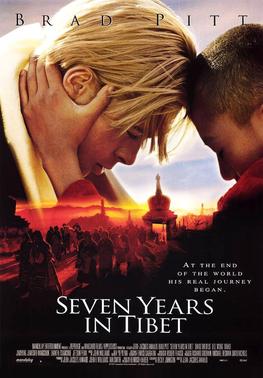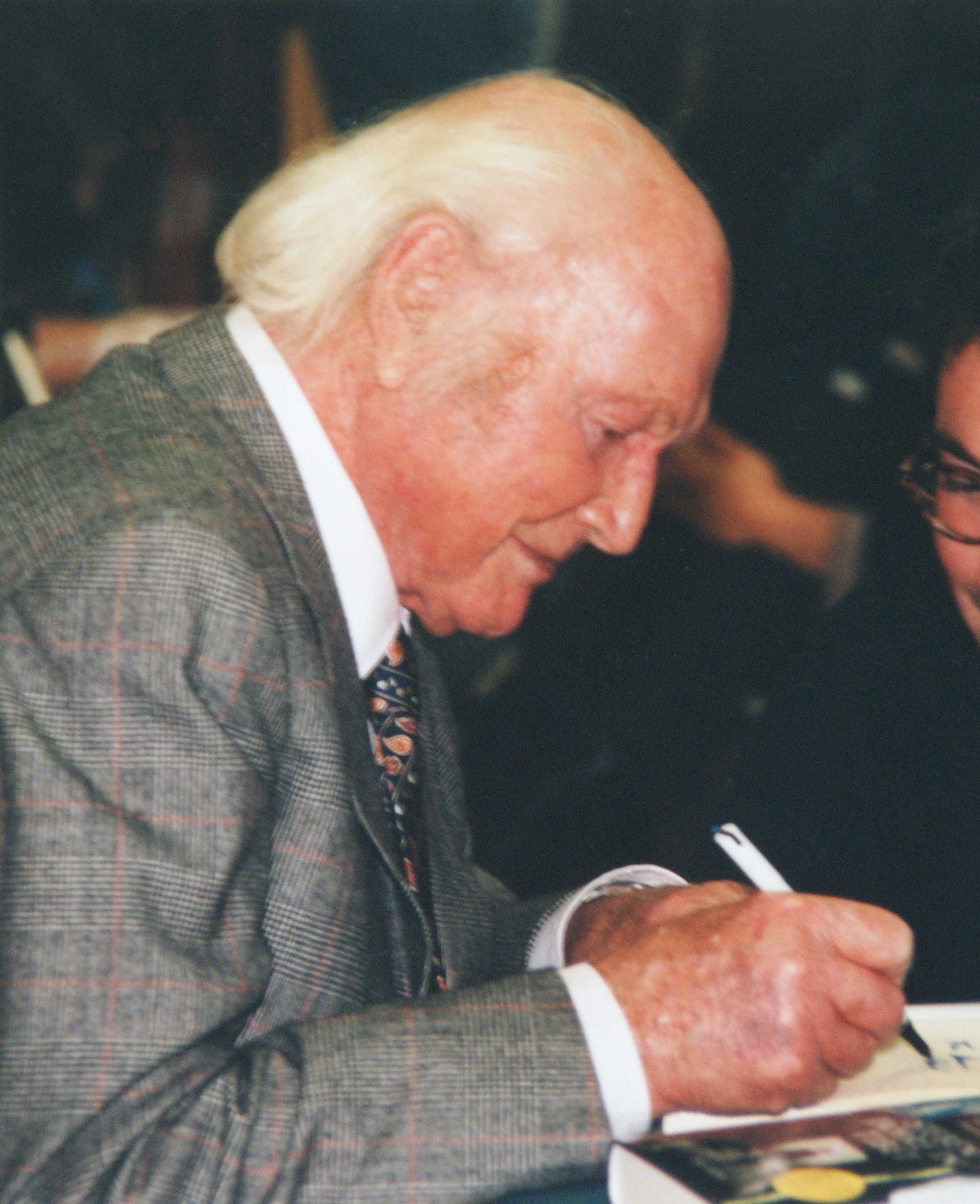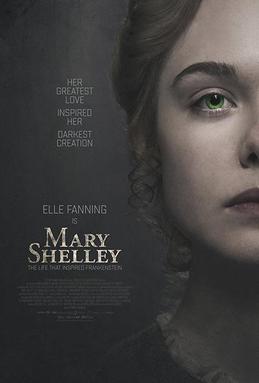WITH LOVE, MEGHAN: HELLO, HONEY!
Original Airdate: March 4, 2025
Special Guest: Daniel Martin
Mentions of "Joy": 4
Mentions of Flower Sprinkles: No
Passive-Aggressive Moment: 1
Gushing Praise for Markle: "You've always sent me home with incredible things, but this basket, it goes back to like, doing things with intention".
I made the foolish mistake of having a poll asking if I should review With Love, Meghan as a whole or episode by episode. With the results in, I now dive into the first episode of the Duchess of Sussex's woefully misguided efforts to be a domestic influencer. Hello, Honey! the premiere episode, sets the tone for the entire lifestyle series. That tone is one of insincerity, tedium and almost posh vulgarity.
Meghan Markle is going to be hosting her friend, makeup artist Daniel Martin, to her home. While she is filming Hello, Honey! at a rented home and not her real home, she does tell the crew that Daniel will be staying at her home. She prepares a lavish basket for him. One part of her version of the swag bag includes snacks such as peanut butter pretzels, which she takes out of the product bag to put into another bag in one of With Love, Meghan's more infamous moments.
"Uncle Daniel" to the Duke and Duchess of Sussex's children, Martin has been Meghan's close friend since 2010 when they met while working on her television series Suits. Daniel will join her in fun activities like making a cake and beeswax candles. Despite getting a cut while slicing, Daniel carries on with all the fun activities. We learn How to Harvest Honey by going back to when Meghan, who admits to not caring about honey before, learns to harvest it from "Beekeeper Branden". We then shift to Baking a Honey Lemon Cake, sparking memories of Daniel test-tasting Meghan's wedding cake. He initially remembers it as lemon elderberry, and Meghan quickly corrects him in that it was elderflower.
Technically, Daniel does not bake the cake. Meghan has already gone through the trouble of having baked it earlier. Instead, they will decorate it with the frosting. "Baking is not my favorite thing, but I will do it for one of my favorite people", she informs the viewer. With the candles made and ready for Daniel to take back to New York, he and his BFF can relax out in the massive backyard, admiring the mountains. Meghan contemplates having Daniel do a little hike the next time that he is there. Daniel's somewhat startled reaction to the suggestion hints that while he loves spending time with Meghan, Duchess of Sussex, this is not his idea of a good time.
Watching Hello, Honey! (which I figure is a pun with regards both the honey harvesting and her dear friend visiting), a picture emerged of what kind of person the Duchess of Sussex is. I pictured Meghan Markle as akin to a crazed summer camp counselor determined to force the kids to have a good time no matter how much the kids hate the activities. It is almost sad seeing people, especially people with a Royal spouse, willingly humiliate themselves with their delusions of helpfulness. Seeing a former royal rush to check on the beeswax candles she has made (and made someone else also make) while exclaiming "This is so exciting!" leaves one watching with dismay and pity.
Meghan Markle clearly sees herself as a lovely person, eager and enthusiastic about bringing "joy" to everyone. When Martin remarks that the last time that she made something for him he added ten pounds, she remarks that he should think of it as "ten pounds of joy". Judging from Hello, Honey! my sense is that she finds little to no joy in people. They are something of a burden to endure versus individuals to share things with. A very puzzling moment is when Daniel is chopping up some food and accidentally cut himself. Meghan offers support by getting a band-aid. Daniel pretty much brushes the injury off by saying that he's a lefty (left-handed, not politically on the Left, though he may be, I don't know). Markle's reaction is one of amusement, as if coming across new information. Given that they have known each other for fifteen years, it seems astonishing that she was unaware that her longtime friend Daniel Martin was left-handed.
Daniel Martin may have been very enthusiastic about making beeswax candles and putting fruit into cakes. If he was, it never came across in Hello, Honey! He looked almost scared to suggest that they do anything other than what Markle has planned out. She certainly planned a lot of activities for him. However, speaking solely for myself, I would not want to stay with someone who'll make me bake a cake or beeswax candles as a de facto cost of being with her.
In a curious way both Hello, Honey! and With Love, Meghan has the effect of making Markle infantilize her guest. Did she ask Martin if he wanted to make beeswax candles or cakes? Did she ever suggest that he have any input into the activities that they would do on or off camera? It is almost as if Daniel Martin is less a guest and more a prop for her show. The point of Hello, Honey! and With Love, Meghan is that Markle will not be the guests' friend but teacher. By extension, she will not be our friend but our teacher, our camp counselor, our guide into better living.That may be all well and good. However, I don't know who the target audience for With Love, Meghan is. She does not engage the viewing audience. She instead talks to the crew, especially "Michael" (whom we learn is director Michael Steed, a disembodied voice off camera). While we see "Beekeeper Branden", we do not learn anything about him. What is his expertise with beekeeping? How did he and Markle connect? What is his last name?
It is "Aroyan", though you would have to rely on IMDB for that information. While the closing credits list the executive producer as "Meghan, Duchess of Sussex", Branden does not even get listed.
I was almost begging for there to be a commercial break during Hello, Honey! (which is how my Netflix subscription goes). Cringe is the most apt word for this episode of With Love, Meghan. It felt as if she wanted to will joy into existence, that all these activities were fun for all. I cannot say if Daniel Martin had fun doing all this. If he did, it did not come across on screen. I as a viewer did not have fun. I have no interest in making beeswax candles or cake filling. Granted, I am not the target audience for With Love, Meghan. My question still stands: who exactly is? The viewer does not actually learn much about baking or bee harvesting. I figure that a lot of the ingredients are either a bit pricey for average viewers or perhaps a bit esoteric for them. I had never heard of "Pink Himalayan Sea Salt" until now. Is it available at Walmart?
Hello, Honey! and by extension With Love, Meghan is not so much fascinating as it is almost sad. One watches Hello, Honey! with growing dismay, leaving one wondering how a woman who a few years ago was celebrated as a new kind of British royal could willingly reduce herself to all but begging people for approval. A woman who had once sat next to The Queen as her granddaughter-in-law is now, by her own choice, publicly trapsing about a rented kitchen barefoot, bizarrely enthusiastic about putting peanut butter pretzels from one bag into another. The enthusiasm for such trifling matters is both bizarre and slightly bonkers. One wants to ask if Meghan, Duchess of Sussex is having some kind of mental breakdown where waxing poetic about the delights of writing labels will heal her mind and soul.
Sir Thomas More in A Man for All Seasons confronts a former protégé who committed perjury against him. He observed that his traitorous former ally now wears a seal of office. Sir Thomas is informed that Richard Rich (yes, that is his name) is now Attorney General for Wales. "Why Richard", Sir Thomas observes, "it profits a man nothing to give his soul for the whole world. But for Wales?". In a similar vein, after watching not just Hello, Honey! but the first half of With Love, Meghan, I ask the same question. "Why Rachel, it profits a woman nothing to give her soul for the whole world. But for Montecito?"
2/10
Next Episode: Welcome to the Party








_theatrical_poster.jpeg)





.jpg)



_(cropped).jpg)












